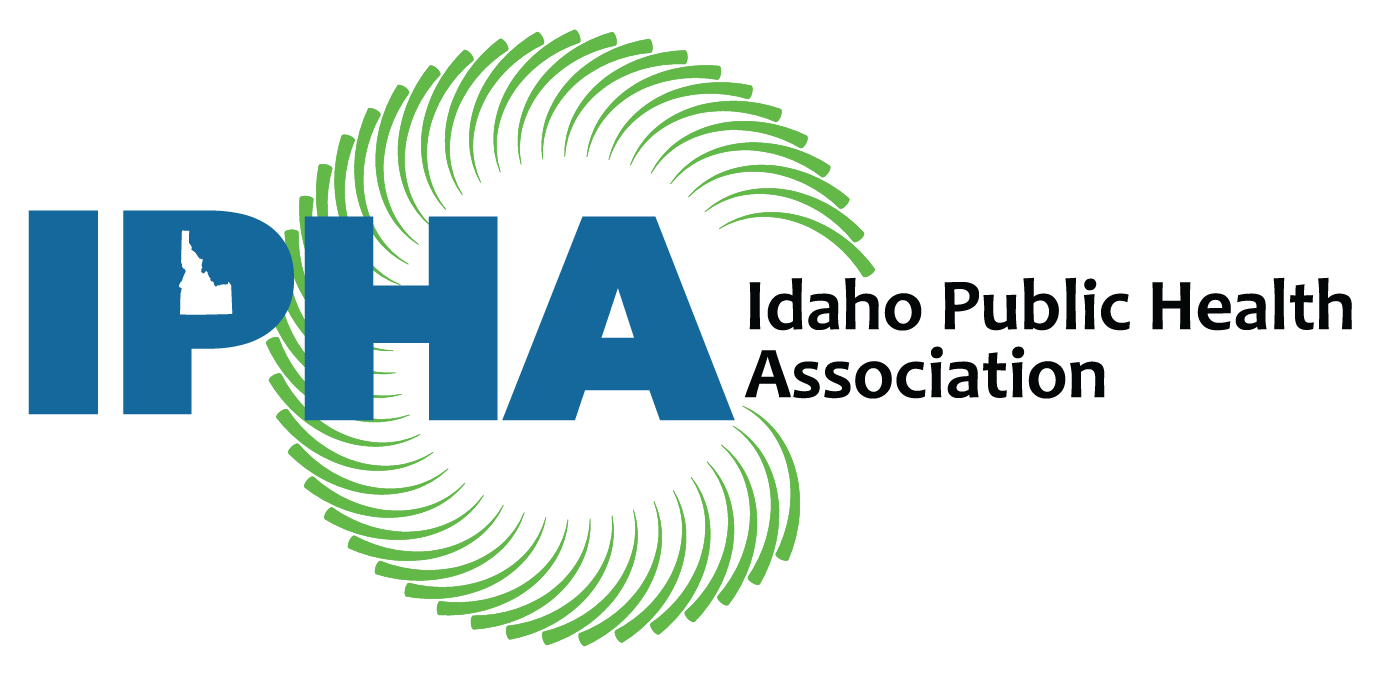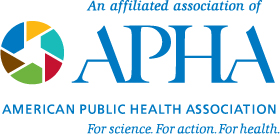This week’s legislative update delivers an overview of public health issues discussed in the Joint Finance-Appropriations Committee, more information regarding PCAP, and other topics of interest during the week.
Health and Welfare Week @ JFAC
This week was week is Health & Human Services Week at JFAC. A comprehensive schedule, with links to most of the presentations, can be found here.
Health & Welfare Overview Presentation
Idaho Health & Welfare Director Dick Armstrong began Health and Human Services week at JFAC with an overview of the department’s budget issues. The overall budget proposed by Governor Otter for next year contains a 6.2% increase from this year.
Director Armstrong’s full presentation can be viewed here.
Crisis Center
Ross Edmunds, Administrator of the Division of Behavioral Health for the state Department of Health & Welfare, discussed a third community crisis center during the Division’s presentation to JFAC this week. The third community crisis center that Governor Otter recommended in his State of the State is projected to cost $1.7 million. It was presented that Idaho has been seeing an increase in demand for crisis services. The number of protective holds has grown from 3,745 in 2009 to almost 5,200 in 2015. Edmunds explained that community crisis centers could help.
Health Facilities
Tamara Prisock Health &Welfare Licensing and Certification Division Administrator reported that there is still a backlog at the state agency responsible for inspecting and certifying health care facilities. Health care facilities include hospitals, nursing homes, and assisted living centers. Four new surveyors were hired this year but three teams still have backlogs comprising of overdue surveys and complaint investigations. Positions are vacant and turnover was cited as the barrier preventing teams from being able to tackle backlog issues.
Controversial Water Quality Rule
The Senate Resources Committee voted to approve a DEQ rule that set new water quality standards this week. Betsy Russell’s account of the Committee meeting can be found here.
CAT Fund
As mentioned last week, the CAT Fund has seen quite a significant decrease both case load and state payments. Catastrophic Health Care Fund board Chairman, Roger Christensen, told legislators that the Your Health Idaho insurance exchange has been more successful than anyone anticipated. He added that Idahoans who might have otherwise had to turn to the CAT fund were able to sign up for insurance. 77,00 Idahoans signed up that qualified for subsidies and an additional 10,000 purchased plans on the exchange without subsidies. The numbers continue to grow. Overall, the program has dropped from $51.5 million in 2014 to $36.3 million in 2015. For 2017, the CAT fund’s budget request is $22 million, which proposes a $5 million base reduction in the program. Chairman Christensen mentioned, “Based on the six-month activity and some of the other factors we’ve seen, we feel pretty comfortable suggesting that maybe that base reduction be adjusted from $5 million to $8 million.”
Medicaid Topics
Medicaid had a budget hearing in JFAC on Tuesday. Lisa Hettinger, Medicaid Division Administrator, presented a budget proposal that matched the Governor’s recommendation for a 2.4% increase in state general funds next year. Medicaid comprises 79.7% of the Department of Health & Welfare’s budget.
Catastrophic Health Care Fund board Chairman Roger Christensen told legislators that a small portion of CAT fund applicants qualified for Medicaid last year. Of the 2,593 people who applied for aid from the state’s CAT fund so far this fiscal year, 9% were found to be eligible for Medicaid. In 2010 a law was implemented which established a combined application so CAT fund applicants are assessed for Medicaid eligibility up-front.
The Idaho Department of Health & Welfare announced that Idaho Medicaid would conduct a cost survey with providers of supported living services before implementing a large reduction in the rates that Medicaid pays in-home care providers. The Department’s announcement can be found here.
Medicaid Expansion Bills
On Friday, Senator Dan Schmidt (D-Moscow) introduced two bills to expand Medicaid in Idaho. The bills were proposed as personal bills and did not require committee votes. One of Senator Schmidt’s bills, Senate Bill No. 1204, would enact the “Healthy Idaho Plan” while the other, Senate Bill No. 1205, would expand Medicaid to the full extent allowed by law. The first bill follows a proposal from the Governor’s latest Medicaid taskforce and the other follows the recommendation of the Governor’s first task force.
S1204 full bill text can be found here
S1205 Full bill text can be found here
PCAP Update
Idaho Health & Welfare Director, Dick Armstrong, discussed the PCAP proposal during his overview presentation to JFAC. Director Armstrong explained, “PCAP can help address this disparity in our health care system. It is an all-Idaho initiative, with Idaho controlling the eligibility criteria.” He clarified further, “PCAP is not insurance, and does not provide comprehensive services, such as hospitalization or specialty care. Because of this, the county and state indigent programs are still necessary.” If lawmakers approve PCAP, it’ll be implemented on Jan. 1, 2017. Director Armstrong believes that PCAP can reduce health care costs for all Idahoans and it can also provide Idaho with a more productive workforce, and improve the overall health of Idaho communities.
The PCAP proposal has been split into two separate bills and will need to pass through two different committees in order to succeed. The funding mechanism proposal must be approved in the House Revenue & Taxation Committee and the proposal for the structure of the program will need to be approved in the House Health and Welfare Committee.
The Governor’s Guest Opinion About PCAP
Governor Otter responded to reactions regarding PCAP on Wednesday in a guest opinion sent to Idaho newspapers. He began by saying, “Responses have run the gamut from “It’s not enough – just expand Medicaid” to “We shouldn’t do anything but focus on repealing Obamacare.” The Governor explained that the PCAP option – or a similar option – is all that Idaho can reasonably hope to achieve in its current political environment. He concluded, “PCAP is not the final word on providing Idaho citizens with the opportunities they need to keep themselves and their families healthy. But it could be a great start.” The news release can be read here.
JLOC report on the Idaho Behavioral Health Plan
The Joint Legislative Oversight Committee released a new report this week on the Idaho Behavioral Health Plan. News release, Full report, and Highlights.
Bills/Rules of Note
If there are specific Bills or Rules that you would like Molly to track, please let her know. For full bill text and more information regarding bills this session, please go to the Idaho Legislature Bill Center
| Bill No |
Description |
Last Action |
| H0331 |
Alcoholic bevs, powdered alcohol |
01/14/2016 House - Reported Printed and Referred to State Affairs |
| H0332 |
Residential care, license renewal |
01/19/2016 House - Reported Printed and Referred to Health & Welfare |
| H0333 |
Optometrists, license renewal |
01/19/2016 House - Reported Printed and Referred to Health & Welfare |
| H0334 |
Physical therapy license renewal |
01/19/2016 House - Reported Printed and Referred to Health & Welfare |
| H0335 |
Controlled substances, sched II |
01/19/2016 House - Reported Printed and Referred to Health & Welfare |
| H0336 |
Pharmacy board terms |
01/19/2016 House - Reported Printed and Referred to Health & Welfare |
| H0337 |
Prescriptions, med examiners/dbase |
01/19/2016 House - Reported Printed and Referred to Health & Welfare |
| H0338 |
Legend drug possession |
01/19/2016 House - Reported Printed and Referred to Health & Welfare |
| H0339 |
Controlled substance storage |
01/19/2016 House - Reported Printed and Referred to Health & Welfare |
| H0340 |
Pharm brd, contraceptives |
01/19/2016 House - Reported Printed and Referred to Health & Welfare |
| H0341 |
Patient freedom of info act |
01/19/2016 House - Reported Printed and Referred to Health & Welfare |
| S1196 |
Sexual orientation, gender identity |
01/20/2016 Senate - Reported Printed; referred to State Affairs |
| S1201 |
Approp, Catastrophic Health, reduce |
01/22/2016 Senate - Reported out of Committee with Do Pass Recommendation; Filed for second reading |
| S1204 |
Medicaid, eligibility expansion |
01/22/2016 Senate - Introduced; read first time; referred to JR for Printing |
| S1205 |
Medical assist/eligibility standard |
01/22/2016 Senate - Introduced; read first time; referred to JR for Printing |
| S1206 |
Approp, H&W Indirect Support, add'l |
01/22/2016 Senate - Introduced; read first time; referred to JR for Printing |
| S1207 |
Approp, H&W Psych Hosp, Add'l |
01/22/2016 Senate - Introduced; read first time; referred to JR for Printing |
| S1211 |
Catastrophic heath care program |
01/22/2016 Senate - Introduced; read first time; referred to JR for Printing
|

 During the coming months, IPHA's Policy Intern, Molly Volk, will be monitoring public health related issues that appear during the 2016 Legislative Session. This is Molly’s second year as the IPHA Policy Intern. She graduated last spring with a B.S. in Health Science Policy and a minor in Business Administration from Boise State University. Molly began BSU’s Master of Health Science Policy program in the fall and absolutely loves it. She is looking forward to another public health packed legislative session.
During the coming months, IPHA's Policy Intern, Molly Volk, will be monitoring public health related issues that appear during the 2016 Legislative Session. This is Molly’s second year as the IPHA Policy Intern. She graduated last spring with a B.S. in Health Science Policy and a minor in Business Administration from Boise State University. Molly began BSU’s Master of Health Science Policy program in the fall and absolutely loves it. She is looking forward to another public health packed legislative session.